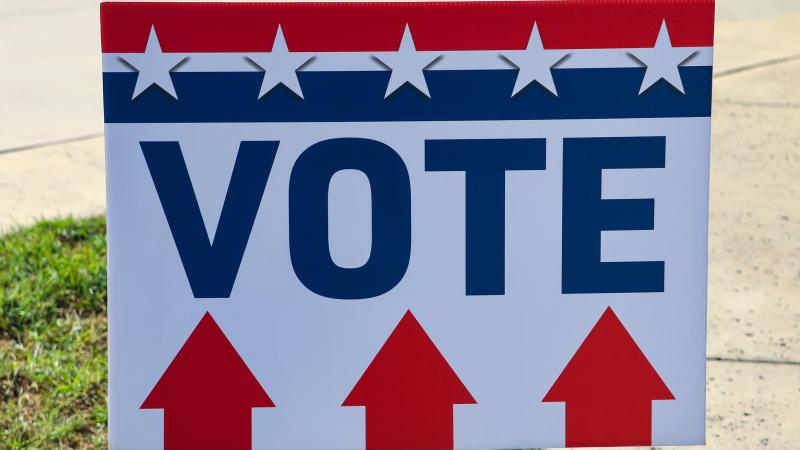J.D. Vance: 'Don't blame Trump' for GOP letdowns, fix campaign issues
"[E]very person claiming victory on Tuesday morning knew exactly who to blame on Tuesday night: Donald J. Trump."
Ohio Republican Senator-elect J.D. Vance on Monday published an op-ed dismissing the notion that former President Donald Trump was to blame for the party's unexpectedly poor showing in the 2022 midterms, instead pointing to superior Democratic fundraising.
"[E]very person claiming victory on Tuesday morning knew exactly who to blame on Tuesday night: Donald J. Trump," Vance wrote for the American Conservative. He did not concur with his party colleagues.
"[A]ny effort to blame Trump—or McConnell for that matter—ignores a major structural advantage for Democrats: money," he wrote. "Money is how candidates fund the all-important advertising that reaches swing voters, and it's how candidates fund turnout operations. And in every marquee national race, Republicans got crushed financially."
The Ohio Republican pointed out poor Republican operations raising small dollar donations from average supporters and recurring campaign issues such as consultant fees and "list building" costs from which Democrats do not suffer. "Democrats don't have this problem. They raise more money from more donors, with lower overhead," he wrote.
He further highlighted that Super PACs could not close the party fundraising gap because they incurred higher expenses for advertising than the campaigns themselves. "In some states, $10 million from an outside group is less efficient than $2 million spent by a campaign," he noted.
Vance pointed to ActBlue, a Democratic national fundraising platform that secured the support of 21 million individual donors that went to the major Senate races and enabled near round-the-clock advertising for the party's major candidates. Republican efforts, by contrast, do not measure up.
He went on to observe that shifting demographics and voter tendencies were driving a Republican turnout crisis exacerbated by the Democratic embrace of mail-in voting. He, in turn, advocated for embracing Trump's unique rapport with low propensity voters to counter this development.
"There is a related structural problem, which is that higher propensity voters (suburban whites, especially) are just more and more Democratic. Meanwhile, a lot of the Trump base just doesn't turn out in midterm elections," he wrote. "In the long term, the way to solve this is to build a turnout machine, not gripe at the former president. But building a turnout machine without organized labor and amid declining church attendance is no small thing."
"Our party has one major asset, contra conventional wisdom, to rally these voters: President Donald Trump," Vance insisted. "Now, more than ever, our party needs President Trump's leadership to turn these voters out and suffers for his absence from the stage."
"Blaming Trump isn't just wrong on the facts, it is counterproductive," he concluded. "Any autopsy of Republican underperformance ought to focus on how to close the national money gap, and how to turn out less engaged Republicans during midterm elections."















